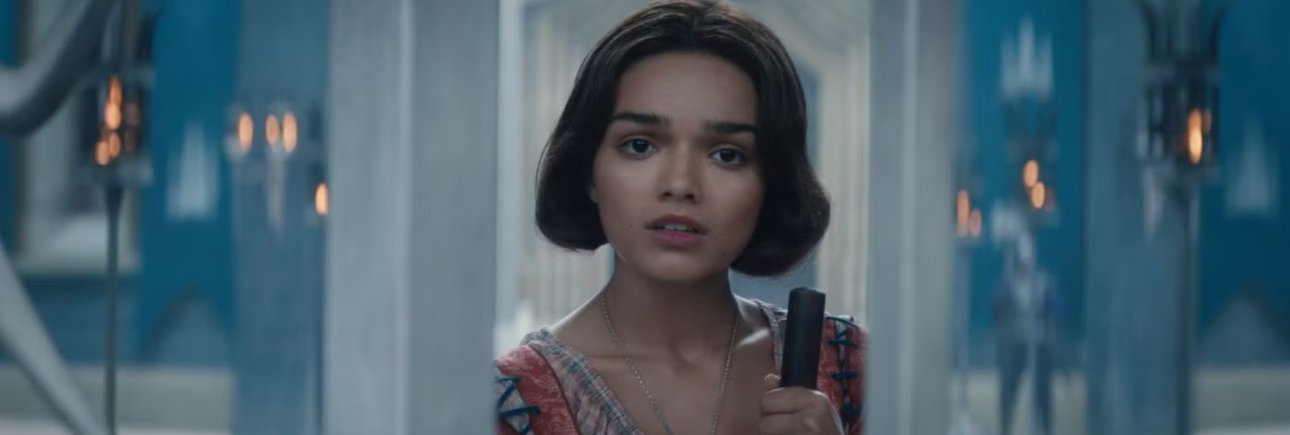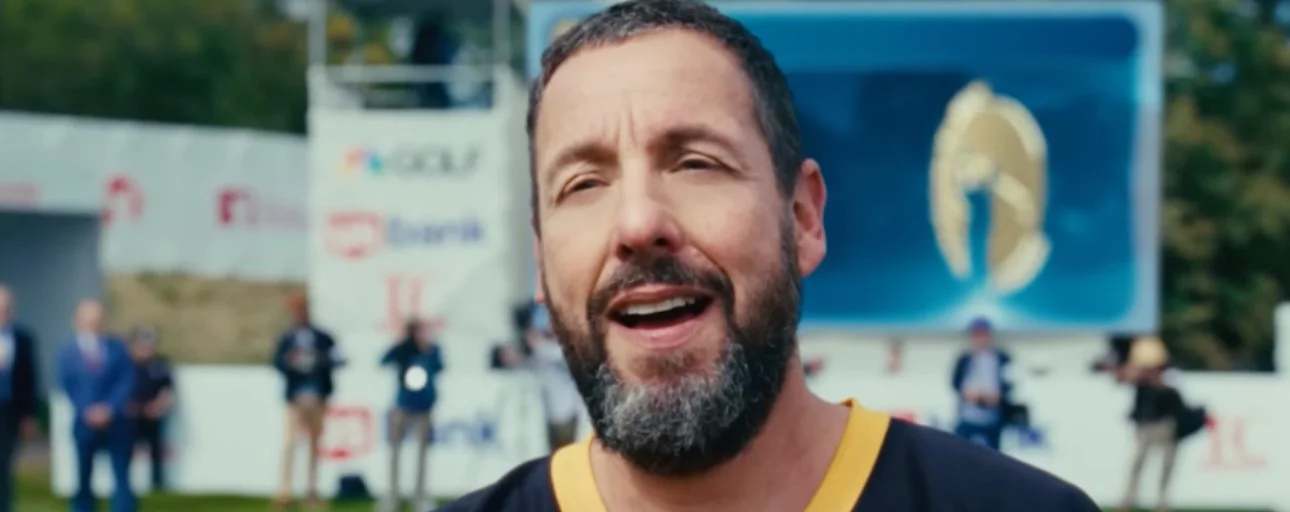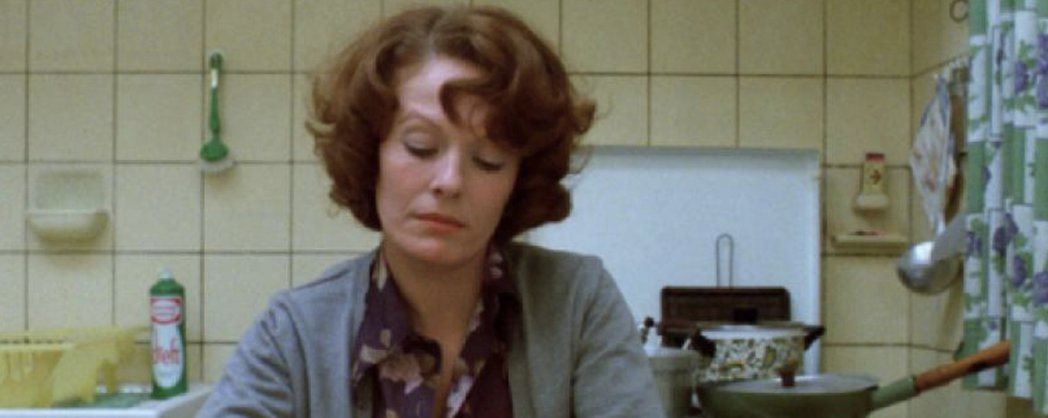It’s now been eight months since the Sight and Sound “Best Films of All Time” poll was released, but Paul Schrader is still upset by “Jeanne Dielman” being named best film.
In a new interview with Sight and Sound, Schrader is actually saying the vote was “rigged,” while also adding that “Jeanne Dielman” is a quality film, but shouldn’t be anywhere near the top of the greatest ones.
Schrader’s “rigging” comments have to do with his theory that there was an insincere attempt to elevate female filmmakers alongside the likes of Welles, Hitchcock and Kurosawa.
They did two things to rig the ballot, and a third thing happened societally. The first was that they vastly expanded the contributors. You’ve got people who are not actual film critics weighing in on a critical poll, and the voting list goes from 500 or 600 to 2,000. That’s a big change. The second is that they’ve counted each film as equal. And then you had the #MeToo movement, which meant that everyone thought there should be a female a director on their list.
Schrader goes on to add that canonizing film plays a crucial role in the story of film history, criticizing Sight and Sound for putting accessibility over quality when attempting to identify the greatest films of all time.
It gets back to this whole issue of the canon and its standards,” he said. “I remember speaking at my alma mater, and a student made a comment about the importance of not being elitist. I said to him, ‘What the heck do you think you’re doing in college? The whole idea is elitist. It’s about getting more knowledge, it’s not about being like everybody else.’ There’s nothing wrong with being elitist. There is a modern myth that you can be an elitist and a common man at the same time. You can thank Quentin [Tarantino] for some of this. He’d say, ”Killer Car Girls’ is one of the great films.’ But ‘Killer Car Girls’ is not one of the great films. No matter how many times Quentin says stuff like that, it still doesn’t make it a great film.
I get what he’s saying, but I wouldn’t use the word “rigged.” You can’t really stop people from voting for whatever film they deem worthy. However, I find my “quota” theory, from months ago, to be the main reason why ‘Jeanne Dielman’ won.
The theory goes that most critics wanted at least one female-directed film on their ballot to adhere to a forced-upon quota and the token choice was either “Beau Travail” or “Jeanne Dielman.”
The result was ‘Dielman’ winning, “Beau Travail” skyrocketing to the top 10, Campion’s “The Piano” (a great film) in the top 50 and, most irritatingly of all, Celine Sciamma’s good, no, scratch that, very good “Portrait of A Lady on Fire,” released just three years before the poll, finishing 30th.
Schrader does tackle the quota rule with the interviewer. Here’s an excerpt:
My friend Elena Gorfinkel likes to refer to this as the rule of one: you put just one woman on the list with nine men. Yeah. And so who will it be? It can’t be Leni Riefenstahl, it can’t be Ida Lupino. Agnès Varda… Claire Denis? Jeanne Dielman ended up being a lot of people’s number six, seven or eight, which counted just as much as their number one. The thumb was on the scale.
As I noted last year, I love ‘Jeanne Dielman.’ I still vividly remember the first time I sat it, but that’s not the point, the actual point is that it shouldn’t be anywhere near the Top 50, let alone at #1. It hasn’t had the cataclysmic and towering effect on cinema that the likes of “Citizen Kane,” “Vertigo,” “2001,” “The Godfather” and “Sunrise” have had.






